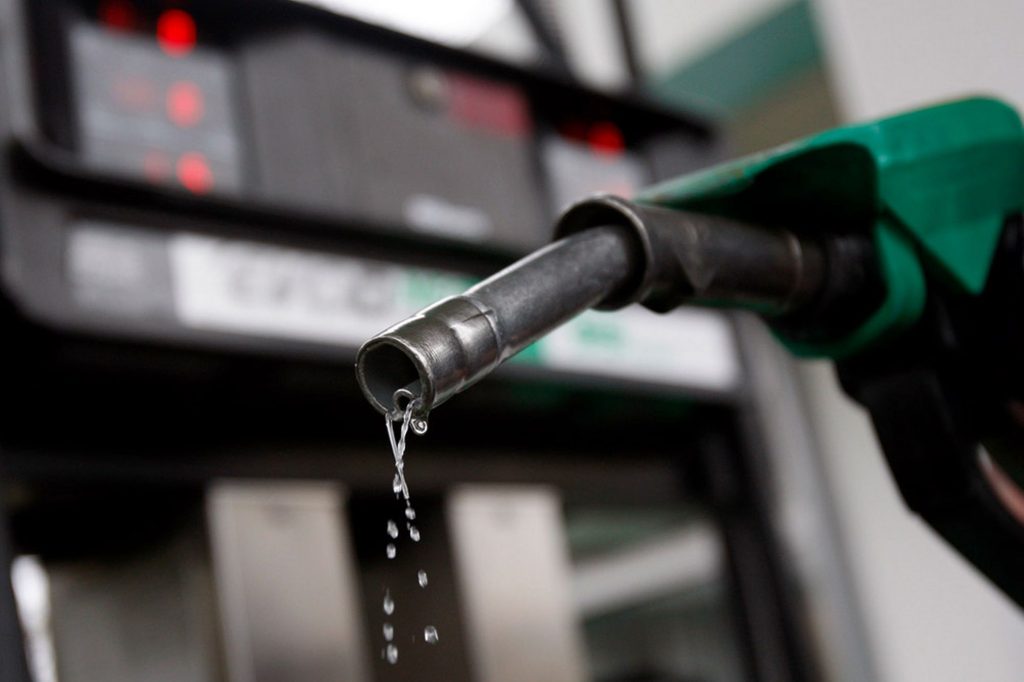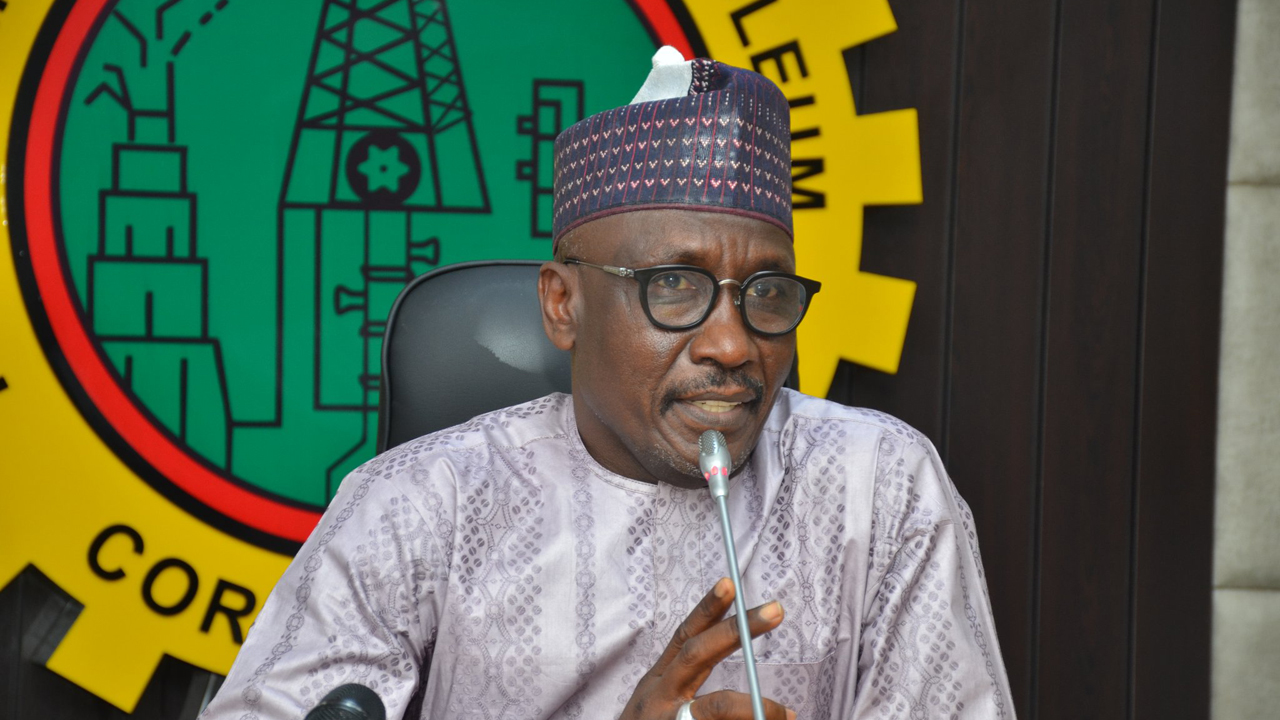Nigeria imported over N930 billion worth of fuel and diesel in February 2025, prompting concerns about the economic viability of granting licenses to oil marketers to import more petroleum merchandise despite growing local refining capacity.
Data on fuel imports this month revealed that, in addition to the N930 billion bill in February, oil marketers registered by the Nigerian Midstream and Downstream Petroleum Regulatory Authority (NMDPRA) bought N5.5 trillion worth of goods between January and October 2024.
The Nigerian National Petroleum Company Limited’s (NNPCL) Port Harcourt and Dangote refineries are both expanding in capacity, but this development is still occurring. Both refineries produce fuel.
Furthermore, diesel is locally refined at the Warri Refinery and other modular refineries located primarily in the Niger Delta.

The NMDPRA, the licensing authority for the import of petroleum products, claimed in February of this year that it had continued to authorise oil marketers to import goods to fill the nation’s shortages.
It revealed that just 50% of daily fuel use is satisfied by the local refinery, which supports the ongoing importation of petrol to make up the difference.
“The daily PMS (Premium Motor Spirit) supply sufficiency was always more than 60 million before the current administration came in,” Ogbugo Ukoha, Executive Director of Distribution, Systems, Storage, and Retailing Infrastructure at NMDPRA, told reporters.
“The daily average for PMS is almost 66 million. And we immediately witnessed a sharp drop in consumption once Mr. President announced the termination of the subsidy on May 29, 2023. Plus or minus 50 million is what we’ve continued to accomplish since then.
“Less than half of the 50 million litres that are produced daily on average come from domestic refineries. According to the Petroleum Industry Act (PIA), imports are the source of the shortfall. Just to be clear, I am stating that local refineries contribute less than 50% to sufficiency.”
However, in February, Aliko Dangote, the president of Dangote Industries Limited (DIL), stated that his refinery has more than 500 million litres of fuel and N600 billion worth of petroleum goods in store.
This view was supported by Mr. Dan Kunle, a business consultant, who said that Nigeria’s ongoing reliance on imports may undermine recent improvements in currency stability.
Nigeria imported 265.88 million litres of diesel and 701.75 million litres of petrol in February 2025, according to the import data.
Lagos, Port Harcourt, Calabar, and Warri were the primary ports of entry for the petrol tanker ships.
This year, the company has not imported petrol, according to Mele Kyari, CEO of the NNPC Group.
“These high import numbers coincide with rising domestic refining production. There are private refineries, including Dangote Refinery, Waltersmith, and Aradel, that are actively producing, and two of NNPC’s four refineries, located in Warri and Port Harcourt, have started up again.
“Despite these encouraging advancements, the ongoing massive importation of refined petroleum products highlights structural bottlenecks in the sector, such as supply chain inefficiencies, logistics difficulties, and production scale-up problems,” Kunle said.


 Trending
Trending 